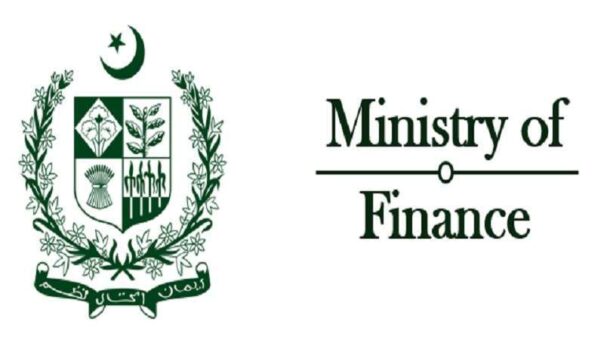Finance Minister of Pakistan, Muhammad Aurangzeb, has unequivocally ruled out any substantial rupee devaluation in anticipation of forthcoming discussions with the International Monetary Fund (IMF).
The Minister’s declaration comes amidst a series of high-level engagements with key stakeholders, including US officials and financial institutions, aimed at fortifying economic ties and advancing Pakistan’s reform agenda.
In a significant meeting held at the World Bank headquarters in Washington, Minister Aurangzeb engaged with US officials such as Assistant Secretary of State for South and Central Asian Affairs, Donald Lu, and Principal Deputy Assistant Secretary of the US Department of State, Elizabeth Horst. The discussions centered on enhancing economic collaboration between Islamabad and Washington, with a focus on alternative energy, agriculture, climate resilience, and the tech industry. Both sides expressed mutual interest in bolstering Pakistan-US economic relations, with a particular emphasis on investment opportunities in sectors such as information technology and agriculture.
Furthermore, Minister Aurangzeb highlighted Pakistan’s ongoing economic reforms, which include measures to broaden the tax base, privatize loss-making state-owned enterprises, and facilitate the growth of the private sector. He also underscored the importance of re-channeling Special Drawing Rights (SDRs) and reviewing surcharge policies to address climate vulnerabilities and promote resilience.
Addressing concerns about rupee devaluation, the Finance Minister reassured stakeholders during a roundtable meeting with the Bloomberg team in Washington, citing Pakistan’s robust foreign-exchange reserves, stable currency, increasing remittances, and steady exports as factors mitigating the need for devaluation. Instead, the government’s focus remains on stimulating key sectors such as industries, agriculture, and information technology to propel national growth above four percent in the coming years.
At the sidelines of the IMF/World Bank 2024 Spring Meetings, Minister Aurangzeb emphasized the imperative of a robust financial safety net and capacity building to navigate geo-economic challenges and climate vulnerabilities effectively. He advocated for a more proactive and responsive Global Financial Safety Net and welcomed the IMF’s renewed emphasis on capacity building through Regional Capacity Development Centers (RCDCs).
The Minister’s engagements also extended to discussions with representatives from Deutsche Bank, during which avenues for accessing international capital markets and establishing a Sustainable Finance Framework were explored. Additionally, meetings with the Multilateral Investment Guarantee Agency (MIGA) underscored continued support for Pakistan in attracting foreign investments, with discussions centered on ongoing economic reforms and measures to enhance investor confidence.
In summary, Finance Minister Aurangzeb’s firm stance against rupee devaluation, coupled with proactive engagement with international stakeholders, signals Pakistan’s commitment to economic stability, reform, and fostering strategic partnerships to navigate global economic challenges effectively. As discussions with the IMF loom, the Minister’s efforts underscore a concerted push towards sustainable economic growth and resilience in the face of evolving geopolitical and environmental dynamics.
